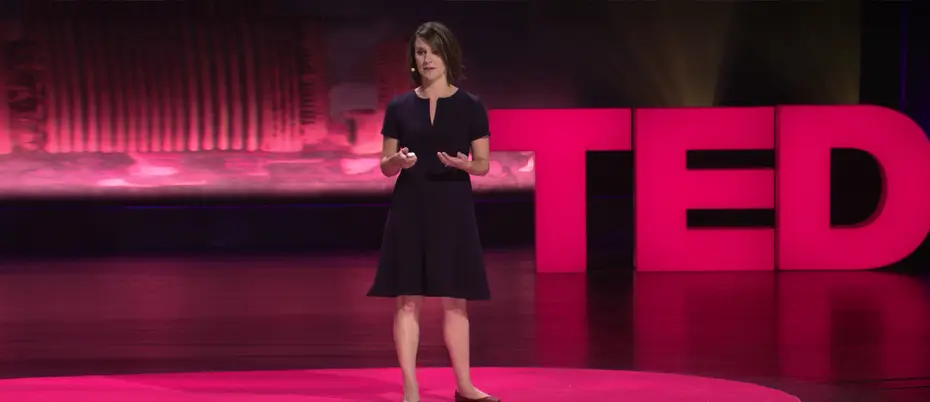Innovation
Watch: Sanergy’s TEDWomen talk on bringing hygienic sanitation to Africa’s informal settlements
Hygienic sanitation is a big problem in Africa’s informal settlements. Here’s one of the companies making headway in solving it.
In August of 2005, Lindsay Stradley took charge of a school she had just cofounded in New Orleans. Shortly after the doors opened, Hurricane Katrina swept over the city and those essential services that normally function so smoothly in the background collapsed. Nobody had access to power, to water, to phones, or to sanitation. “That winter was cold without gas to heat homes,” Stradley says in a newly-released talk from the 2017 TEDWomen conference. “In a city known for late nights, everyone returned early to homes without lights.”
She experienced the same daily privation five years later, during her second year at MIT Sloan, when she worked for a semester in one of Nairobi, Kenya’s informal settlements. And though some residents were able to patch into electricity networks or buy the occasional jerrycan of water, the problem of sanitation had no makeshift solution. Unhygienic pit toilets made people sick; they were dangerous at night, and so residents would defecate into plastic bags and discreetly toss them outside the next morning. Streams of raw sewage ran openly in the unpaved streets. In Kenya, this problem contributes to millions of dollars in economic loss every day. Globally, the loss is far greater: Half of the world’s population lives without access to sanitation services.
“Today’s cities need a new plan,” Stradley says in the talk. “We need new types of systems designed for the modern world of rapid urbanization and impending water scarcity — and that’s where I have good news.”
Upon graduation from MIT Sloan in 2011, with two of her classmates, Stradley cofounded Sanergy, a “network of low-cost, high-quality waterless toilets that franchise to community members who run them as businesses.” This model has created more than 700 jobs at a time when youth unemployment in Kenya’s is high. Sanergy also distributes toilets to schools, and the schools where they’re present have witnessed a 20 percent increase in attendance.
Sanergy employees collect the waste, remove it from communities, and convert it to products like fertilizer, which gives farmers increased crop yields and helps to address local food security issues. These benefits are financially attractive, too: Every dollar spent on sanitations services brings fivefold returns. “What investor wouldn’t want that?” Stradley asks. More than 1,500 toilets are active right now, with 50,000 uses per day.
Stradley doesn’t pretend she and her team alone can solve the problem. “This is not a panacea. This solution must be one of many,” she says. But she is optimistic. Cities and countries around the world are increasingly turning their attention to innovation in sanitation. Leaders from government, nonprofits, philanthropies, and the private sector are now coming to the table to, as she put it, “talk shit.”
Watch the full TED Talk below.




